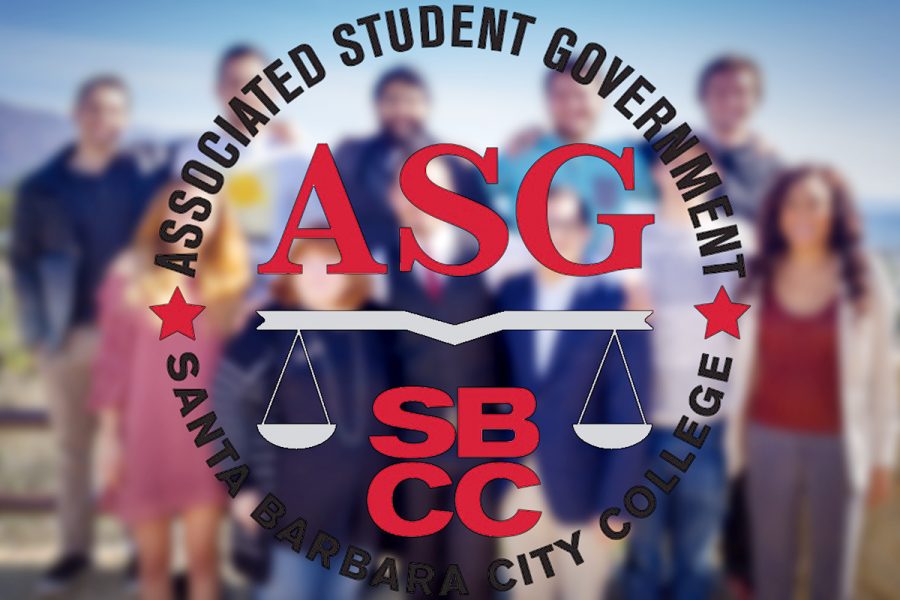The Associated Student Government met virtually Friday to make critical decisions regarding its response to the coronavirus pandemic, including the potential allocation of nearly $90,000.
The senate explored the creation of an ASG emergency grant during last week’s meeting and discussed how to allocate around $90,000 remaining in the student activity budget.
Some students are already eligible for up to $1,000 as part of an emergency grant through the SBCC Foundation, a non-profit organization that provides nearly $5 million annually through grants and other financial aid.
The senate decided to create an ad hoc committee to organize the distribution of these funds last week, and this week the senate discussed putting its remaining money toward the SBCC Foundation’s emergency grant program instead of creating their own independent grant.
During discussions about the restrictions and limits of eligibility if funds are given to the foundation, Student Trustee Kenny Igbechi said the decision shouldn’t be made by the senate.
“We should give the foundation the discretion,” said Igbechi. “There’s no reason we should put the restrictions on ourselves.”
The issue of carrying out campus elections during the shelter-in-place order was also on the senate’s agenda.
Candidates will now be required to make online campaign videos and could have the option to hold virtual town halls to vie for votes. Candidates will only have one week to campaign before the election, which is currently scheduled for May 4 to May 9.
Students can vote through their pipeline accounts during voting week on the four positions up for election.
The senate also brought up the idea for a program providing students kits and supplies to make their own masks.
Vice President of Internal Affairs Rafael Carrillo questioned the necessity for such a program, raising doubts about the masks’ usefulness.
“It’s a big waste of resources,” said Carrillo, “It has been proven that masks do not help to stop you from getting the virus, now they do help you from spreading it.”
Igbechi agreed with Carrillo and also questioned if they could even distribute the kits before the semester ends.
Commissioner of Student Accessibility Alex Morris shared another view, believing that the masks could be beneficial to students if a state or city requirement to wear them is put into place.
“They would be vital to anyone who has accessibility needs, people who are immunocompromised, or caring for someone who is,” said Morris, “I think those are all important things to keep in mind.”
The Center for Disease Control and the World Health Organization are now recommending people wear cloth masks in public as of April 3, reversing their initial suggestion when the pandemic first broke that people should not wear them.
The senate put forth and seconded a motion to set aside $5,000 for the creation of the mask kits, but a vote was not made to commission their creation yet.
The Associated Student Government will reconvene for its next regular meeting April 17.









